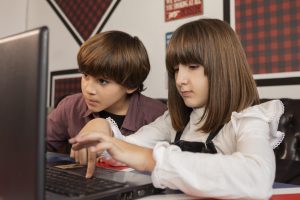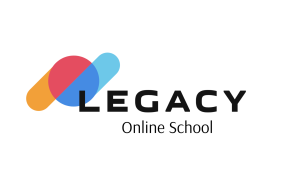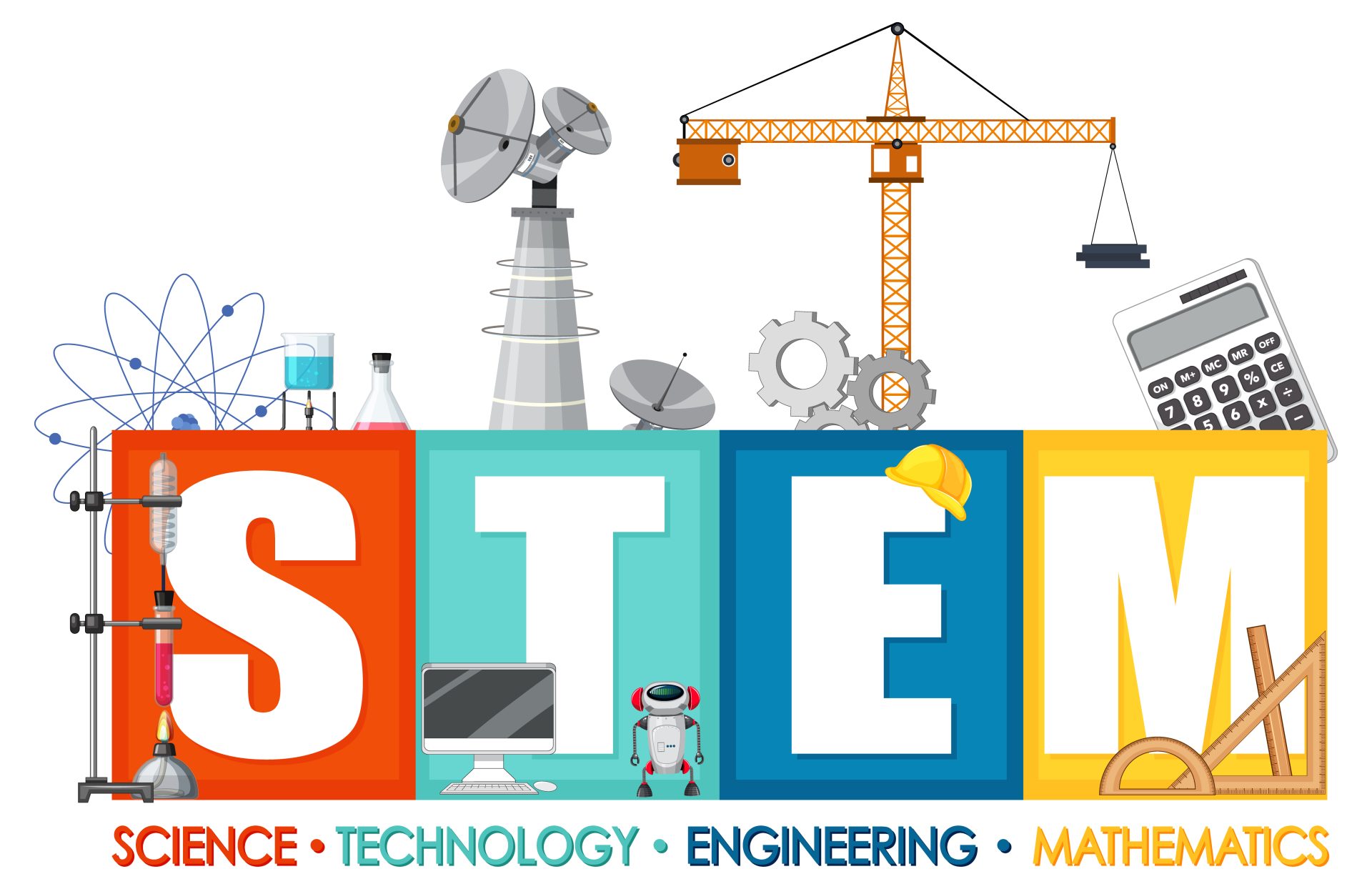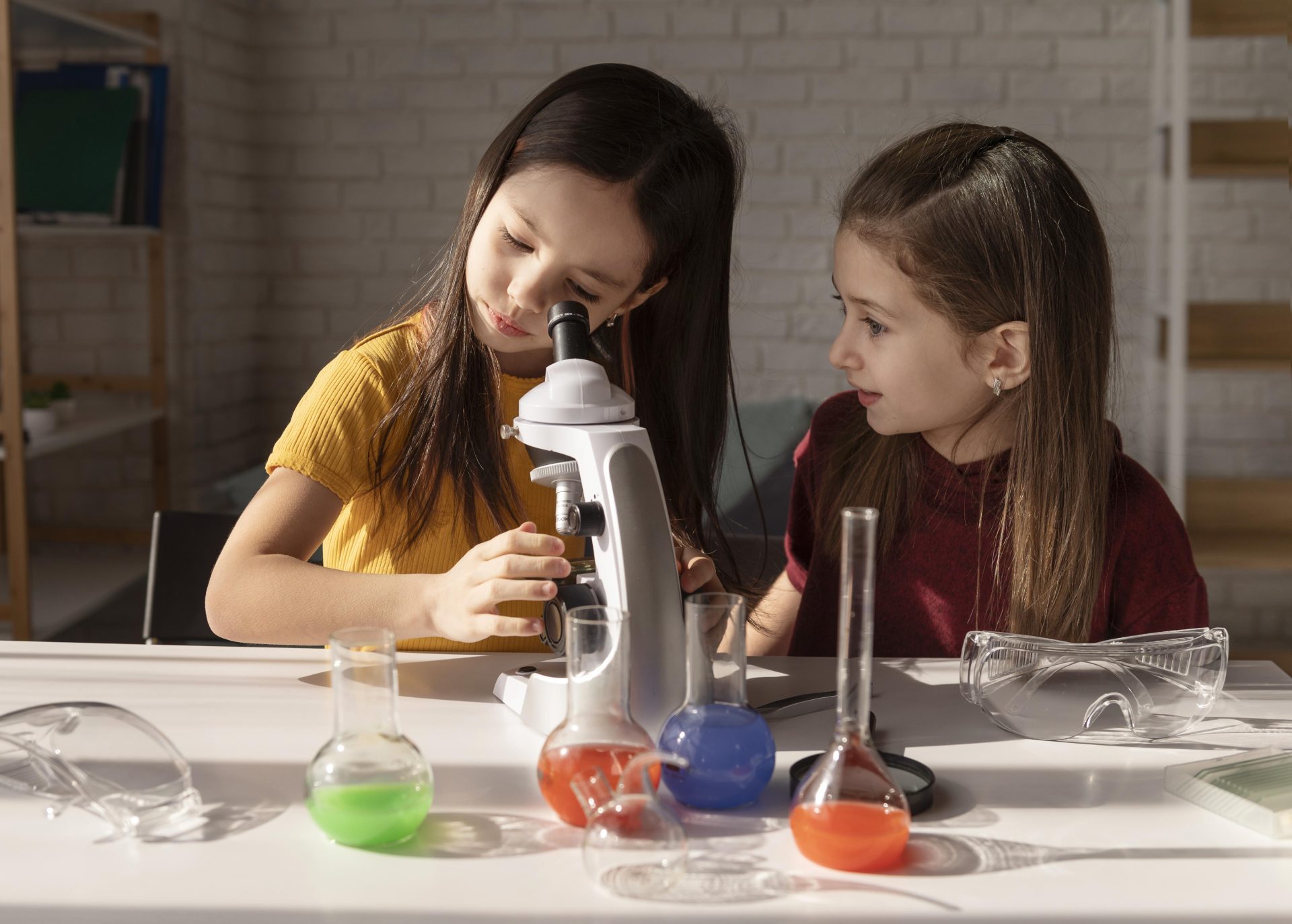Contents
96% of online program alumni recommended online learning, according to a report by BestColleges. COVID-19 and the development of modern technologies led to the rise in popularity of online learning schools. A strong and comprehensive curriculum for the subjects is key to quality online learning.

The 1st grade science curriculum is a plan introducing kids to basic science concepts through fun and interesting activities.
What Are the Key Components of the 1st Grade Science Curriculum?
Let’s dive into the essential parts of the 1st grade science curriculum.

Understanding the 1st Grade Science Standards
First grade science standards guide students to explore and understand the basics of the world. They motivate kids to ask questions, make observations, and record what they see. Standards focus on developing skills like predicting outcomes and recognizing patterns. These goals set the foundation for future learning in science.
Core Elements of the Science Curriculum
The 1st grade curriculum includes topics like life cycles of plants and animals, weather, and simple physics. Students explore the needs of living things, such as food, water, and shelter. Lessons cover the properties of materials like solids and liquids. These subjects help kids connect science to everyday life in an exciting way.

Integration of Common Core State Standards
The Common Core standards outline what children learn in exploring science concepts. These standards focus on understanding basic life, earth, and physical sciences through practical activities and discussions. They motivate curiosity and critical thinking as part of early science education. Find more details here.
Practical Learning and Experiments
It’s important for first graders to understand science through practical experiences, not just theory. Let’s explore the practical side of learning and experiments.

Simple Experiments for 1st Graders
Children test their knowledge through experiments. Children grow a bean in a jar to understand the life cycle of plants. The mixture of baking soda and vinegar gives kids knowledge about reactions in a funny way. Basic concepts about water can be explored by children through observing how objects sink or float. Ice melting shows kids how solids turn into liquids.
Everyday Objects for Science
Children can learn different concepts of science using everyday items found around the house. Light travelling and creating of the shadows can be explored with the help of the flashlight. Magnets from the fridge teach children about attraction and repulsion. Kitchen items like spoons or cups are great for learning about materials and textures. Paper planes introduce the basics of motion and air resistance. Simple objects make science fun, practical, and easy to access at home.
Resources and Tools
Free printables from websites like 123Homeschool4Me give students simple and fun science activities to try. Science kits with tools like test tubes or droppers allow kids to explore experiments in a hands-on way. Digital apps like Seek by iNaturalist help students identify plants and animals they find outside. These tools keep young learners motivated and make science exciting.
STEM Integration
STEM (Science, Technology, Engineering, and Math) lessons connect science to real-world problem-solving. First graders can build simple structures with blocks to explore engineering concepts. Activities like counting leaves or measuring water link math and science in a hands-on way. Technology tools, such as coding apps, introduce basic problem-solving skills to children. These lessons encourage creativity and critical thinking from an early age.
How Parents Can Support Science Learning?
Parents help first graders explore science by guiding them to ask questions and observe their surroundings. Watching the weather together or growing a plant at home turns everyday moments into learning opportunities. Taking trips to the zoo or park lets kids discover science with their parents’ support. Reading books about animals or space as a family introduces exciting new ideas. Setting up a small experiment area allows parents to make science fun and interactive for their kids.
1st Grade Curriculum in Legacy Online School
“Switching to this online school completely changed our situation. The learning process became interactive, with interesting presentations and detailed explanations by young and energetic teachers”
Parent’s review, Niche

Legacy Online School is an accredited educational institution. Legacy Online School’s 1st grade curriculum stands out with gamified lessons, virtual field trips, and live science experiments.
The school’s story-based approach helps young students engage with the material, making learning fun and educational.











